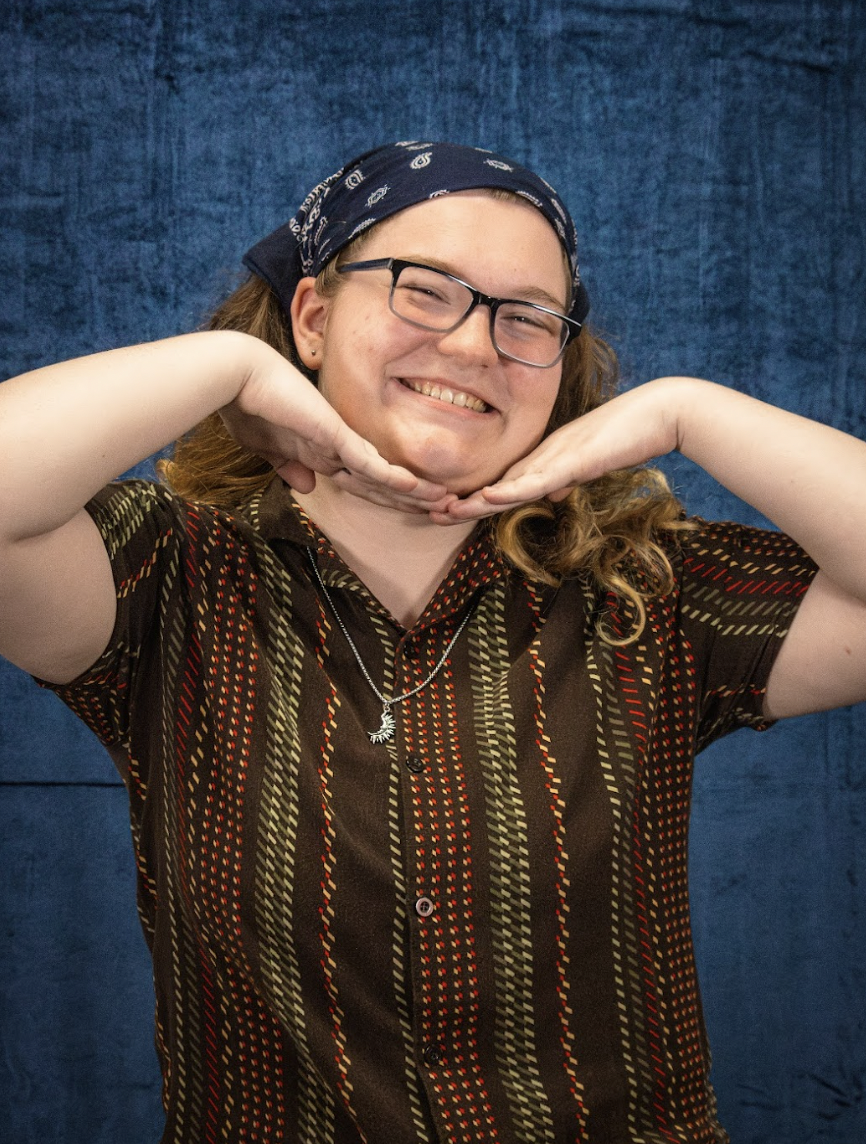Nothing is ever quite as it seems at the Unitarian Universalist Church of Kent. They just want you to be you.

By Ben Wolford
Kat Holtz never made a big announcement to her parents that she wasn’t Catholic anymore.
“I didn’t even put that much thought into it,” she says with a broad smile. “It was just like, I’m not Catholic; I don’t want to be involved in any religion. At 15, your eyes really open to a lot of things.”
At 52, they’re still open.
Holtz is a member of the Unitarian Universalist Church of Kent, which has recently gone from being “welcoming” to being “officially welcoming.” Now, it invites LGBT people to join and publicly lobbies for equal rights.
“The congregation was very, very involved in (campaigning against Ohio Issue 1),” says Rev. Melissa Carville-Ziemer, who’s been pastor at the church for five years. “That was a huge defeat for GLBT people in Ohio. It was a huge defeat for the congregation.”
For a place that serves people of all backgrounds and faiths, or non-faiths, the UU building could easily be mistaken for a Calvinist church. The steeple blew off in a windstorm in the 1920s, but the bell tower is still there, and they ring the rickety bells for very special occasions. The pews are wooden, and they hold hymnals.
But they don’t sing Glorias; they sing about love. The pianist doesn’t play Brahms’ German Requiem; rather, he plays Brahms’ perfectly secular Rhapsody in G minor. The readings aren’t from Psalms. They’re from Shakespeare.
The themes of life and death and love are there. The metaphors are similar to the ones in the Bible — albeit more poetic, perhaps. “We draw from all the different religions for readings,” says Holtz, “and from great literature.”
Holtz grew up in Portage County’s conservative parts — Crestwood High School (just north of Ravenna) class of ’75. She earned a degree in elementary and special education from Kent State and now spends her time educating at the church and in the community.
Her primary job is at Kent’s Townhall II where she teaches HIV prevention. Beyond that, she teaches teenagers at the church about sexuality. “It’s a very comprehensive program. We cover just about everything you could think of for seventh to ninth graders … anatomy, communication, STDs, pregnancy prevention, birth, protections, gay and lesbian, transgender, uh, positions.”
It’s comprehensive.
And progressive.
“I’m personally also involved in the Hogwarts program,” she says. “It’s a local school of witchcraft and wizardry. Now that’s something to photograph, let me tell you.”
There’s something for everyone. The order of service bulletin has a note at the bottom: “Please see one of our greeters if you would like to use a set of headphones, a large-print order of service or hymnal.” At the top, it asks the congregation to “please rise in body or in spirit.” And the church has a handicap accessible elevator.
“It’s really a mix,” says Carville-Ziemer. “We have people who were raised Jewish. We have people who were raised Catholic. We have people who were raised in various denominations of Protestantism.
“And we have a substantial number of people who weren’t raised religiously,” she says, “people who just grew up in nonreligious households and as young adults or adults are exploring and seeing what’s out there in the world of religious communities and find ours of interest.”
Ben Wolford is a junior newspaper journalism major.
(This article originally appeared in the Winter 2009-10 print edition.)



































